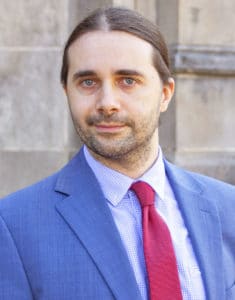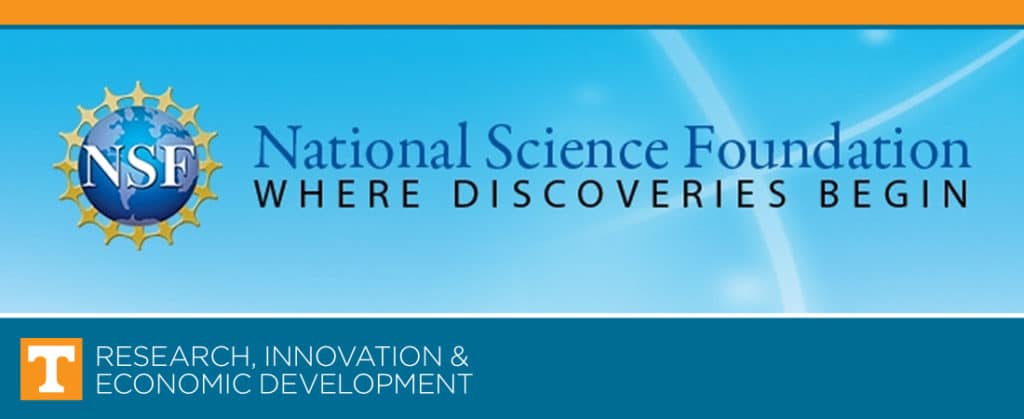 Kostas Vogiatzis, assistant professor in the Department of Chemistry, has received this year’s National Science Foundation’s Faculty Early Career Development Program (CAREER) Award for his project titled, “CAS-Climate: Data-driven Coupled-Cluster for Biomimetic CO2 Capture.” Vogiatzis’s research centers on the development of new computational methods that interface quantum chemistry with machine learning.
Kostas Vogiatzis, assistant professor in the Department of Chemistry, has received this year’s National Science Foundation’s Faculty Early Career Development Program (CAREER) Award for his project titled, “CAS-Climate: Data-driven Coupled-Cluster for Biomimetic CO2 Capture.” Vogiatzis’s research centers on the development of new computational methods that interface quantum chemistry with machine learning.
Vogiatzis is developing computational methodologies that mimic natural processes for capturing carbon dioxide (CO2). Excess CO2 in the atmosphere generates a significant greenhouse gas layer, which contributes to climate change in the United States and around the globe. Climate change presents a growing challenge to human health and safety, quality of life, and economic growth.
One approach to reducing CO2 in the environment is the use of direct air capture (DAC) technologies, which rely on chemical compounds that bind to CO2,removing it from the environment. Computational studies can examine different chemical environments and suggest new groups of compounds that bind with CO2.
Vogiatzis and his research group will combine quantum chemical and machine learning models to develop novel DAC approaches that are based on how enzymes can selectively capture CO2. The primary objective of his project is to develop computational methodologies that capitalize on recent progress in data science for expanding the applicability of accurate quantum chemistry methods.
According to the NSF, the Faculty Early Career Development (CAREER) Program is one of NSFs most prestigious awards in support of early-career faculty who have the potential to serve as academic role models in research and education and to lead advances in the mission of their department or organization. Faculty that receive this award represent excellence and leadership in integrating education and research.
